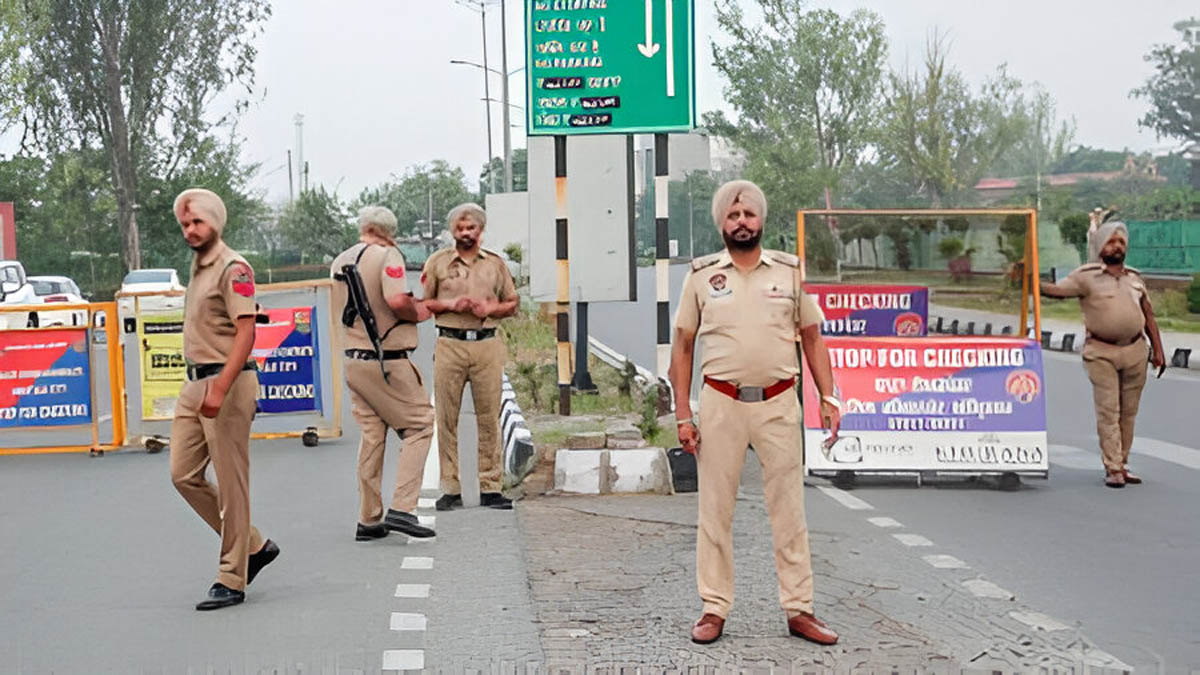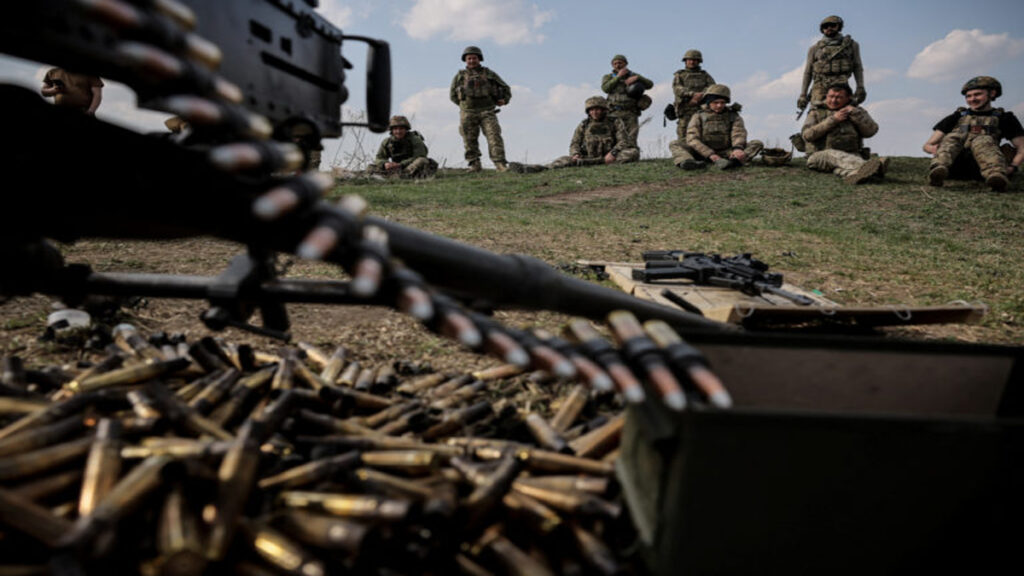Now Reading: Border Districts of Punjab Breathe a Sigh of Relief as Life Gradually Returns to Normal
-
01
Border Districts of Punjab Breathe a Sigh of Relief as Life Gradually Returns to Normal
Border Districts of Punjab Breathe a Sigh of Relief as Life Gradually Returns to Normal

A palpable sense of relief is washing over the border districts of Punjab as daily life inches back towards normalcy following a tumultuous few days marked by heightened tensions and cross-border exchanges between India and Pakistan. Markets are once again bustling with activity, and villagers who had sought refuge in safer areas are beginning to return to their homes.
This gradual return to normalcy follows the understanding reached between New Delhi and Islamabad on Saturday afternoon to immediately halt military actions after four days of intense cross-border drone and missile strikes. While the cessation of hostilities has brought much-needed respite, authorities in some districts are still exercising caution, with schools remaining closed as a precautionary measure.
The border districts of Punjab, sharing a 553-kilometer frontier with Pakistan, had witnessed significant disruption in the wake of the recent escalation. Pathankot, in particular, had been targeted by multiple drone attacks originating from Pakistan, all of which were successfully thwarted by Indian security forces. In Ferozepur, the impact was felt as villagers along the border were compelled to leave their homes and seek safety elsewhere.
Daler Singh, a resident of Jallo Ke village near the border in Ferozepur, shared his experience, stating, “Most residents of nearby areas had left their homes. Now, most of them have returned, but they remain cautious. Overall, life is normal, and we are going back to our fields.” Another resident of Ferozepur echoed this sentiment, saying, “The situation is normal now. We hope the ceasefire holds and peace prevails.”
The return to normalcy is also evident in the resumption of essential services. Train services, which had been significantly affected with cancellations, short-terminations, and short-originations, have now been restored. Officials confirmed that 23 trains had been cancelled, four were short-originated, and another four were short-terminated, while three had to be rescheduled due to the tensions.
The district authorities are closely monitoring the situation and have urged the public to remain calm and not to give credence to any rumors. While there were no blackouts imposed on Sunday night, authorities in Ferozepur, Gurdaspur, Pathankot, and Moga had advised residents to voluntarily switch off lights at their homes and avoid unnecessary travel outside as a precautionary measure. On Monday, schools in Ferozepur, Fazilka, Pathankot, Amritsar, Tarn Taran, and Gurdaspur remained closed, with colleges and universities also shut in Pathankot and Gurdaspur. However, universities and colleges in Gurdaspur have been permitted to conduct online classes.
The local populace, while relieved by the de-escalation, also expressed their appreciation for the actions of the Indian security forces in responding to the earlier attacks. A grocery shop owner in Pathankot remarked, “India has taught a lesson to Pakistan and has successfully sent a strong message to the neighboring nation. Now, Pakistan, which is a rogue nation, will not dare to cast an evil eye on our country.”
As the border districts gradually return to their routines, the hope is that the ceasefire will hold, ushering in a period of sustained peace and stability for the residents who have borne the brunt of the recent tensions. The cautious optimism in the air reflects a collective desire for a return to normalcy, allowing the vibrant life of Punjab’s border regions to flourish once again.










